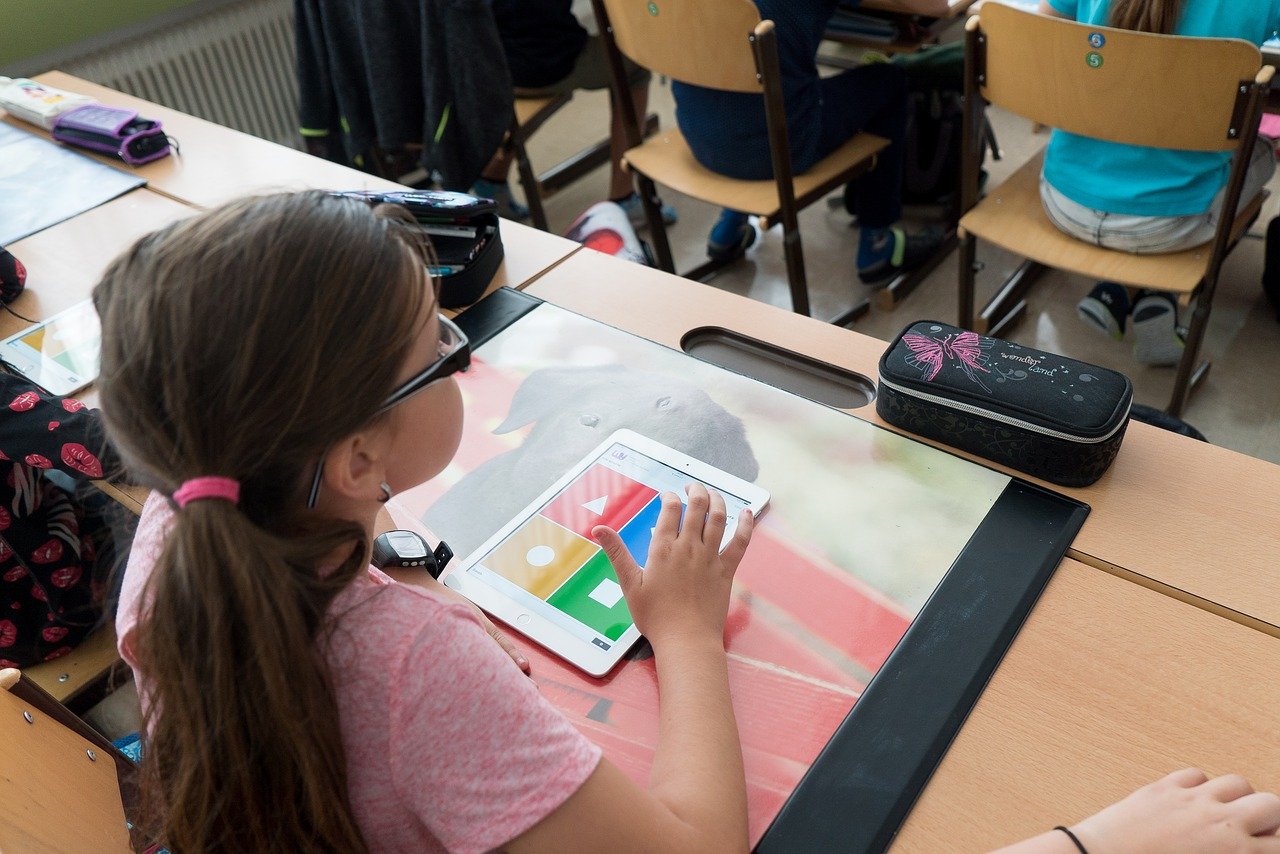Learning should always be a fun exercise that provokes one to think, understand, and apply what is taught. Today, the greatest critique about education is that it provides information but doesn’t enlighten. For young learners, the way they learn can drastically impact their perception of what learning is and what it can be. To ensure that, apart from learning and understanding conceptual ideas, it is essential not to make learning just about acquiring knowledge. The process of learning should be carefully planned so that it also focuses on application based on a thorough synthesis of the knowledge acquired. To achieve this result, introducing games into the learning process can have a positive impact.
Why are games more effective in the classroom?
The answer is quite simple. While a regular teaching session involves the speaker-listener relationship to be a one-way communication channel, games can often add a layer of interaction to the same. When learners are encouraged via a game/activity, they are no longer passive receptors to ideas; they are active participants. Another important function that makes the inclusion of games in the curriculum more promising is because conceptual and theoretical information no longer seems abstract. While engaging in a game designed for the classroom, the thin line between theory and practice is blurred. Here learners put to practice what they’ve been instructed, making the fewer hours spent learning a lot more effective and enjoyable.
Games help develop important skills
Peer to peer learning and activities can encourage a learner to know more. They also teach a learner what to do with the same knowledge and how to use it in a social setting. Important skills can be cultivated young through games improving the overall quality of education. The ability to effectively work in a group and communicate ideas between peers and understand the basic nuances of human behavior can all be acquired parallelly. In a language class, for example, using games while learning a new language can also help young learners improve their confidence and learn as a group with peer to peer feedback.
Keeping these advantages in mind, it is important to carefully consider what kind of education you are choosing to invest in for your kids. Education should be the beginning of a life’s worth of learning. Schools that encourage this behavior and make learning relevant and fun should always be a top priority. One of the best schools in Faridabad that uses a dynamic teaching curriculum that uses activities and games to enhance the quality of learning is the Delhi Public School Ghaziabad Society. Their curriculum and teaching practices are designed to encourage curiosity and creativity in students and serve as great value addition.

